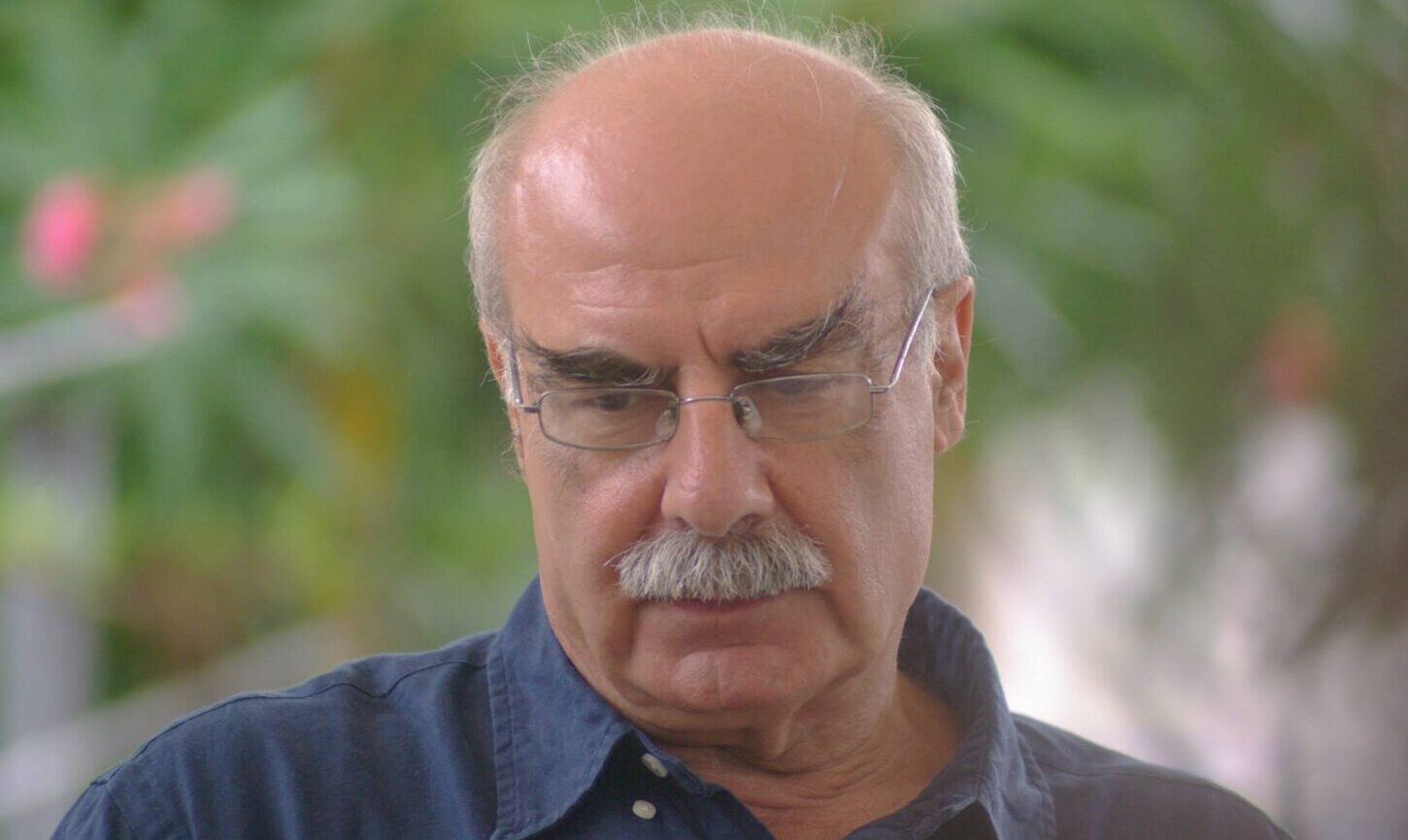
On December 13, 2024, at 6 PM, the Feltrinelli bookstore located at Via S. Caterina a Chiaia 23 in Naples is hosting a presentation of Giuseppe Ferraro’s thought-provoking book, “Il valore della pena e l’imperdonabilità. Per una critica della ragione penale” [The Value of Punishment and the Unforgivable: For a Critique of Penal Reason] (Castelvecchi Editore). This event aims to spark public discussion in the city regarding the value of punishment and the urgent need for prison reform in Italy.
Giuseppe Ferraro, a former Professor of Moral Philosophy at the University of Naples Federico II, has dedicated his career to bringing philosophy into prisons, marginalized communities, and “at-risk” schools. He is the founder of Filosofia fuori le Mura [Philosophy Beyond the Walls] and has taught at Albert-Ludwigs-Universität in Freiburg, while also editing Italian editions of works by Husserl and Nietzsche.
Ferraro argues that the classical principle of proportionality between crimes and punishments, famously articulated by Cesare Beccaria, is inadequate for addressing the complexities of the modern penal system. He emphasizes the necessity of focusing on the sentiment of punishment and the unique suffering it entails. The author calls for a reevaluation of what constitutes appropriate punishment, one that encourages reflection, care, and self-regard—qualities often inhibited by current prison conditions.


The discussion will also explore the limits of forgiveness, which Ferraro posits must transcend mere absolution to become a “gift,” a recognition of the responsibility not to squander the life we have been given. He advocates for a critique of the prison system that fosters relationships balancing security and care, engaging both incarcerated individuals and prison staff in meaningful roles.
Joining Ferraro in this critical dialogue will be Lucia Castellano, the Director of the Campania Penitentiary Administration and General Manager of External Penal Execution and Probation, and Don Franco Esposito, Chaplain of Poggioreale Prison and Director of the Diocesan Prison Pastoral Care. Together, they will address the pressing need for punishment to carry genuine value, moving beyond mere physical affliction and senseless retribution.
Ferraro critiques the rhetoric of “certainty of punishment,” which often serves to perpetuate fear rather than contribute to a meaningful understanding of justice. He emphasizes that true punishment should evoke personal reflection, suffering, and care, rather than simply adhere to a flawed economic model of retribution.
The current state of prisons—overwhelmed by unsustainable conditions, high rates of suicide, and daily violence—underscores the urgency of reassessing the value of punishment. Until we confront this fundamental issue, the promise of education and humanity enshrined in the Constitution will remain unfulfilled.
Recent court decisions regarding the murders of Giulia Cecchettin and Giulia Tramontano highlight the need for deeper discourse on true punishment and the concept of unforgivable acts, illuminating the social testimony of one’s life through the lens of forgiveness.
Photo credits: Portrat of Lucia Castellano taken from Io Donna del Corriere della Sera and portraif of the author is the property of Filosofia fuori le Mura


Leave a Reply